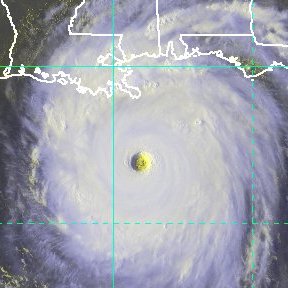 A study from researchers at the University of Pittsburgh and Rice University has found that natural disasters and recovery efforts launched in their aftermath have increased wealth inequality between Whites and Blacks in the United States. The researchers examined data from nearly 3,500 families pertaining to local natural disaster damages, Federal Emergency Management Agency (FEMA) aid, demographics, and how the families’ personal wealth was affected between 1999 to 2013.
A study from researchers at the University of Pittsburgh and Rice University has found that natural disasters and recovery efforts launched in their aftermath have increased wealth inequality between Whites and Blacks in the United States. The researchers examined data from nearly 3,500 families pertaining to local natural disaster damages, Federal Emergency Management Agency (FEMA) aid, demographics, and how the families’ personal wealth was affected between 1999 to 2013.
The study found significant racial disparities in the amount of wealth earned over the 14-year time period. Whites who lived in counties with $100,000 in damages from 1999 to 2013 gained $26,000 in wealth, while Blacks who lived in similar counties gained $19,000 in wealth. Whites who lived in counties with $10 billion or more in damages gained $126,000 in wealth, while Blacks who lived in similar counties, lost $27,000.
Another interesting finding was that the counties that received more aid from FEMA saw increased wealth inequality. Blacks living in counties that received at least $900 million in FEMA aid accumulated $82,000 less wealth than Blacks living in counties that only received $1,000 in FEMA aid. The researchers state that while it is unclear why FEMA aid is causing this racial gap to widen, there is evidence from previous national disasters, such as Hurricane Katrina, that FEMA aid is not equitably distributed across neighborhoods.
Junia Howell, an assistant professor of sociology at the University pf Pittsburgh and lead author of the study stated that “we know FEMA aid is not equitably distributed across communities. This is particularly true when it comes to infrastructural redevelopment, which often has profound effects on residents’ property appreciation and business vitality. When certain areas receive more redevelopment aid and those neighborhoods also are primarily White, racial inequality is going to be amplified.”
The full study, “Damages Done: The Longitudinal Impacts of Natural Hazards on Wealth Inequality in the United States,” was published on the website of the journal Social Problems. It may be found here.











